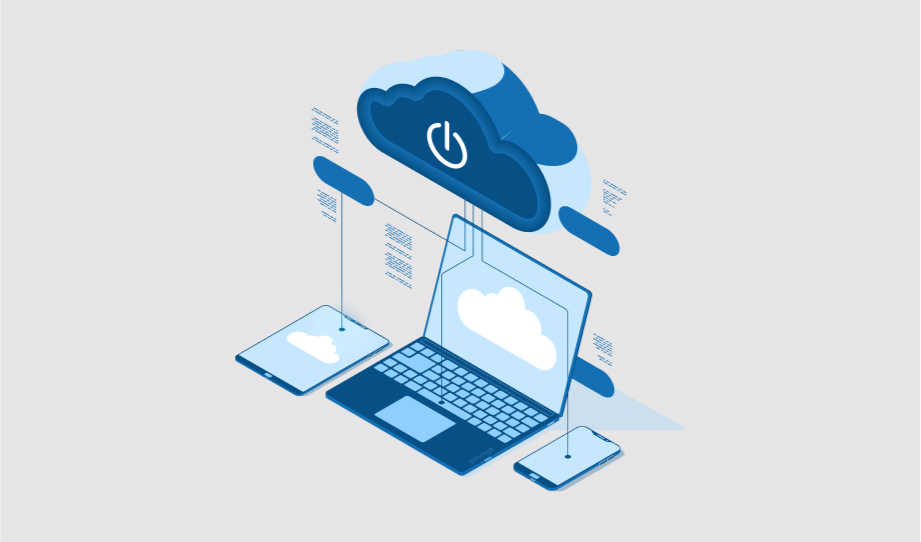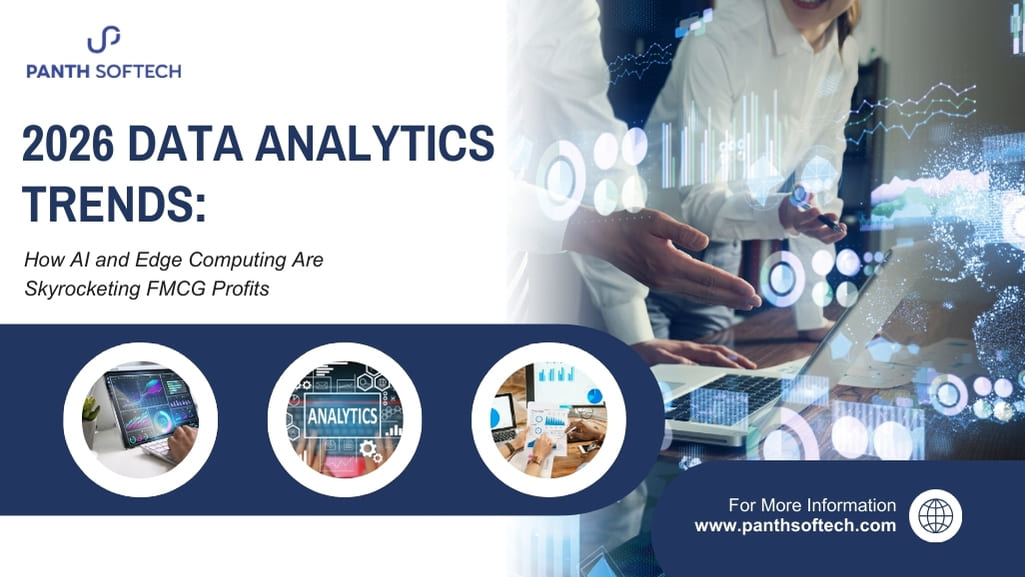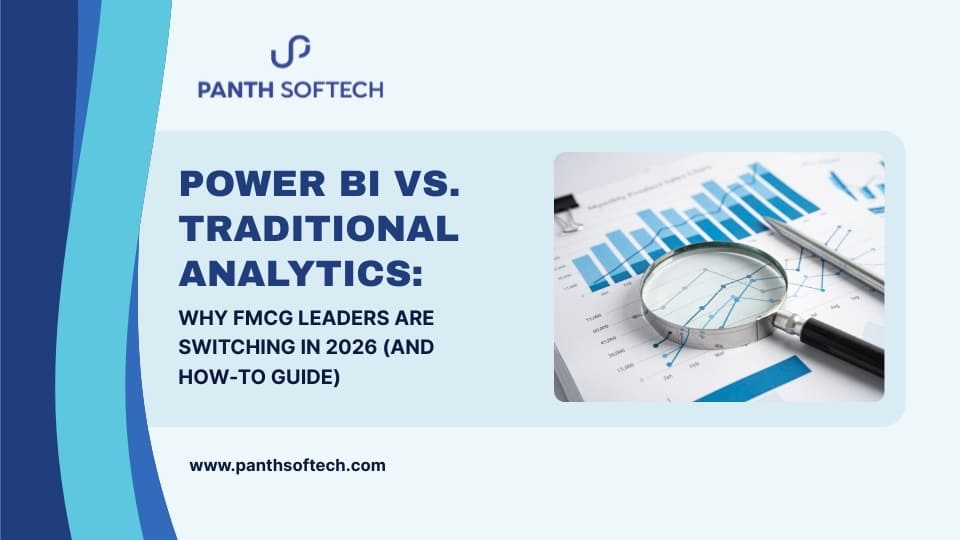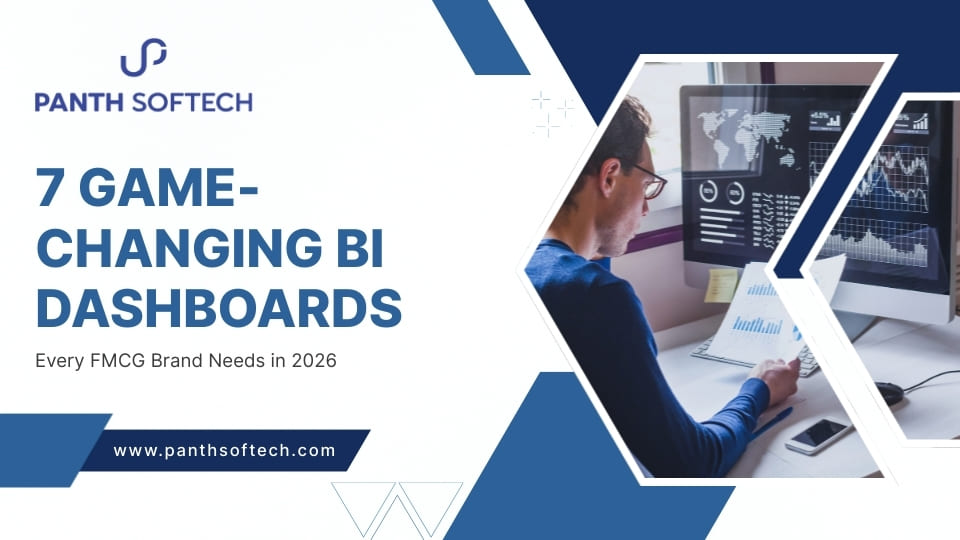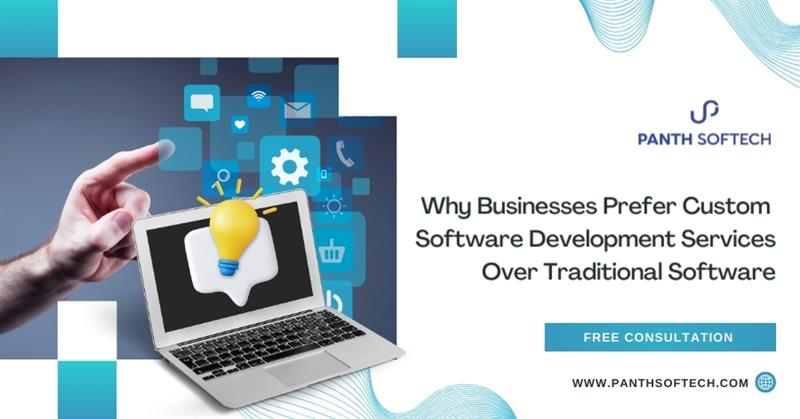The Internet of Things, also known as IoT, is the interconnectivity of physical devices, vehicles, people, and objects with sensors, software, and network interconnectivity, allowing them to collect and exchange data.
Today, it’s not hard to access or collect data; it’s readily available. However, many processes, machines, and other technologies still need to be fully connected and become something the industry deems smart. This digital transformation is all set to begin.
As per Grand View Research, the global IoT devices management market size was estimated at 1.88 billion in 2022 and is assumed to increase at a compound annual growth rate of around 34.9 percent from 2023 to 2030. The growing importance of enterprises on controlling linked devices and enhancing operational efficiencies across industry sections would lead to an increase in the demand for IoT device management.
The continuous growth of IoT gives a clear signal that it will stay for a long time and will highly help and impact shaping the future. Though some processes, machines, and other devices are yet needed to be connected, it’s just a matter of time before they will need to be integrated into this technology-driven world. This indicates that the future is strongly linked to IoT, and its increasing demand and day-by-day expansion prove this fact.
A Faster and More Un(predictable) World
The continuous advancement of technology is forcing businesses to adopt the Internet of Things. It promises to fulfill the desire for efficiency and has become a necessity. In today’s rapidly changing and advancing world, it has become mandatory to maintain efficiency, and if one fails, it will lead to a huge failure. ChatGPT‘s technology is best to quote as an example to support this. Surprisingly, for the first time, Google has stepped into difficulty as they ignored that technology must continuously update to keep a sync with the dynamic environment.
The Internet of Things has become a game-changing technology that offers more predictability in an unpredictable world. IoT allows the device to collect and analyze real-time data from connected devices, which can be utilized to predict and prevent potential problems before they happen.
IoT Driving Transformation on its Way…..
Digital transformation means integrating digital technologies into all sections and processes of a business, causing fundamental changes to how the business operates and delivering results to customers. The current status of IoT, with its swiftly evolving technology and the increasing adoption of interconnected devices, is all set to bring pace to digital transformation across various industries.
By authorizing businesses to gather and analyze immense amounts of data in real time, IoT provides:
- The optimization of business processes
- The generation of new revenue ways
- The development of innovative business models
Integrating IoT devices into business operations allows businesses to gain insights into customer behavior, enhance operational efficiency and improve overall customer experience. Hence, the Internet of Things continuous advancement and expansion is expected to drive digital transformation across industries forcefully.
IoT is Adding More Meaning to Technology Advancements
The features offered by IoT have eased the prediction process and made it less intimidating. The very influential Internet of Things has positively covered the digital and physical world gap, offering a futuristic environment that can sync with the changing technologies instead of being left behind. It can gather and analyze flooding data from interconnected devices to provide meaningful insights into various aspects of lives and businesses.
Various challenges have appeared with the growth of the Internet of Things, yet it has persisted and achieved its current state. Starting from compatibility challenges to data security and scalability. These are some initial installation issues while implementing IoT technology in businesses.
Businesses that embraced IoT as a newcomer played a significant role in resolving issues via testing and establishing the technology. As a result, businesses can now leverage the faster and more dependable implementation of IoT solutions, enabling smoother integration into their operations.
Effortless Interoperability: The Way to Leverage Seamless Technology
The complexity of IoT can be overwhelming for many, creating confusion and uncertainty. When many devices are added to an IoT network, managing and scaling the infrastructure tends to be a big challenge. The increasing number of devices and the immense amount of data generated by them can crash the existing systems, creating a challenge to manage and analyze data properly.
Business owners usually need clarification about upgrading their equipment and the different technology stacks involved in IoT. Now, it’s high time to shift the focus from a complex technology stack to a simple solution.
Old technology and processes should not limit your ability to make informed business decisions. The solution is not to remove them but to connect and boost them by linking them with advanced technology.
We hope to see even more innovative applications in various sectors as IoT evolves. The growth prospect is high, and businesses adopting this technology will be in a better place and reap its benefits.
As per Mckinsey, The Internet of Things has now become part of more than 200 applications in enterprise environments and is not just limited to large corporations alone. Early adopters have done trials and testing and are scaling IoT solutions throughout their businesses. The features and versatility of IoT technologies have resulted in several remarkable applications in various sectors like smart cities, connected cars, smart buildings, smart homes, e-health, and many others.
The latest IoT technology advancement has enabled all sectors to access non-existent features. For example, Business-to-Business (B2B) companies are now using Industry 4.0 technologies to create direct connections with their products in the field.
Upgrade your business- Take Action Today
The Internet of Things has come a long way and has become essential to our lives and businesses. The continuous growth and development of IoT and the increasing number of connected devices, combined with the need for efficiency and relevance, make the technology imperative to be adopted. By adding IoT, businesses can churn the maximum benefits and make the existing processes more efficient and cost-effective.
